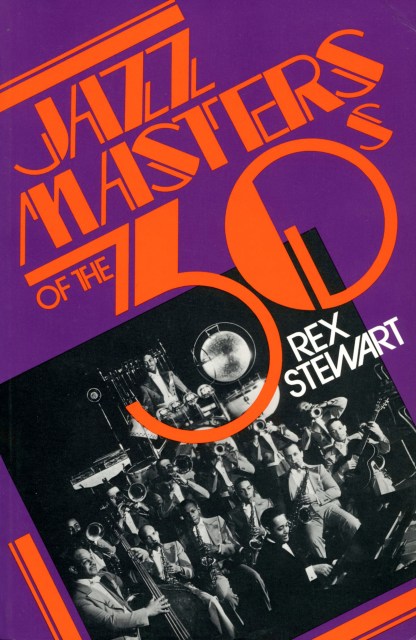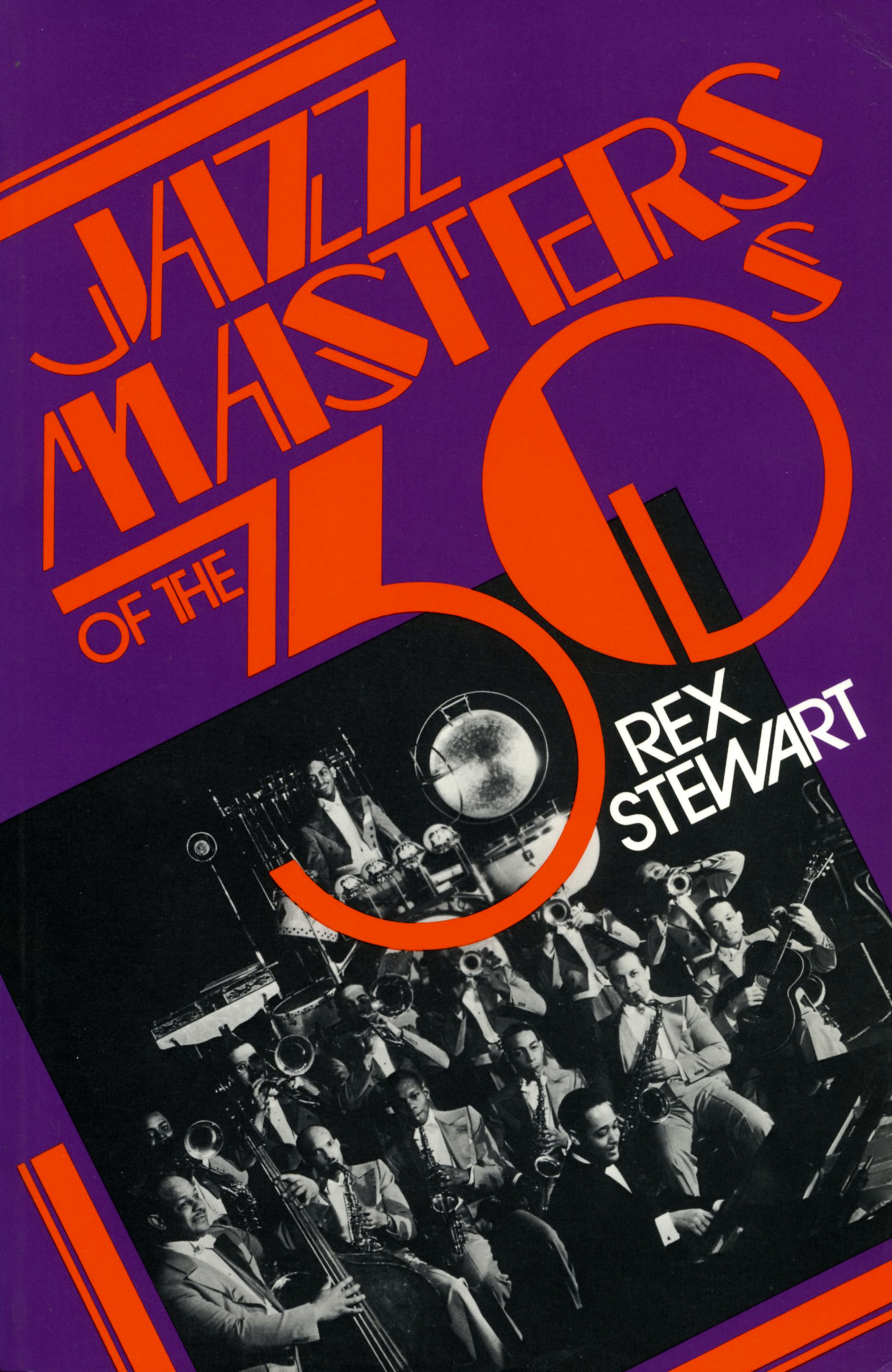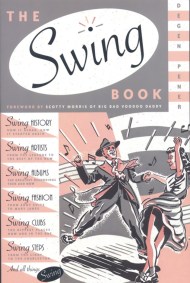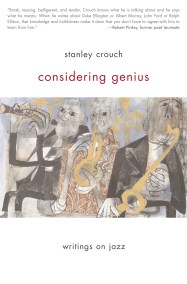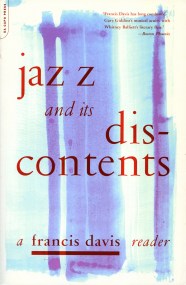By clicking “Accept,” you agree to the use of cookies and similar technologies on your device as set forth in our Cookie Policy and our Privacy Policy. Please note that certain cookies are essential for this website to function properly and do not require user consent to be deployed.
Jazz Masters Of The 30s
Contributors
By Rex Stewart
Formats and Prices
Price
$19.99Price
$25.99 CADFormat
Format:
Trade Paperback $19.99 $25.99 CADThis item is a preorder. Your payment method will be charged immediately, and the product is expected to ship on or around March 22, 1982. This date is subject to change due to shipping delays beyond our control.
Also available from:
This is the only jazz history written by a musician that is not strictly autobiographical. Rex Stewart, who played trumpet and cornet with Fletcher Henderson and Duke Ellington, knew personally all the giants of jazz in the 1930s and thus his judgments on their achievements come with unique authority and understanding. As a good friend, he never minimizes their foibles; yet he writes of them with affection and generosity. Chapters on Fletcher Henderson, Coleman Hawkins, Red Norvo, Art Tatum, Big Sid Catlett, Benny Carter, and Louis Armstrong mix personal anecdotes with critical comments that only a fellow jazz musician could relate. A section on Ellington and the Ellington orchestra profiles Ben Webster, Harry Carney, Tricky Sam Nanton, Barney Bigard, and Duke himself, with whom Rex Stewart was a barber, chef, poker opponent, and third trumpet. Finally, he recounts the stories of legendary jam sessions between Jelly Roll Morton, Willie the Lion Smith, and James P. Johnson, all vying for the unofficial title of king of Harlem stride piano. It was the decade of swing and no one saw it, heard it, or wrote about it better than Rex Stewart.
Genre:
- On Sale
- Mar 22, 1982
- Page Count
- 223 pages
- Publisher
- Da Capo
- ISBN-13
- 9780306801594
Newsletter Signup
By clicking ‘Sign Up,’ I acknowledge that I have read and agree to Hachette Book Group’s Privacy Policy and Terms of Use
